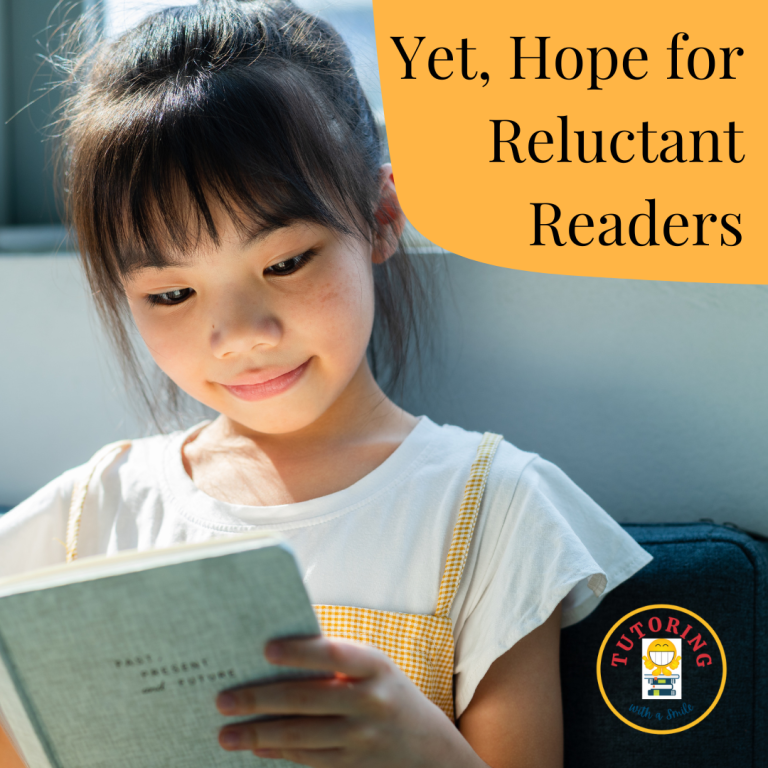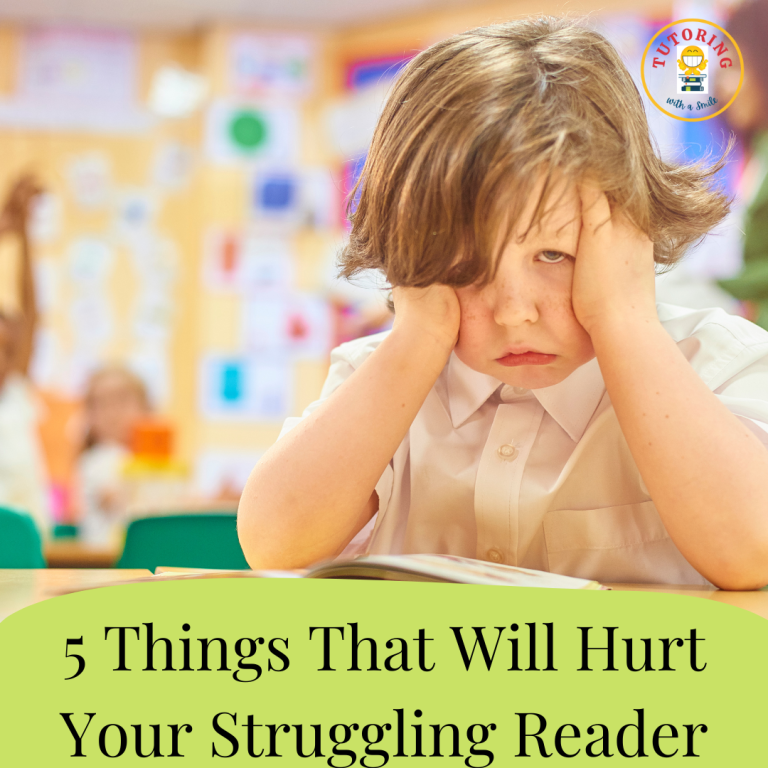10 Things Parents Should Know About Reading
#1 Learning to read is not the most important thing in the world.
There is more to life than education and reading. What are your values, your character, the way you spend your time, talents, and money?
#2 Learning to read is one of the most difficult things a person ever learns to do.
Learning to talk is natural, but learning to read is not. Your brain handles an infinite number of steps and processes when a person learns to read.
#3 Some people are just wired differently.
Wired differently means just that, wired differently.
Please note that I didn’t say wired incorrectly.
Your brain processes information. You learn in a different way
#4 You are a wonderful person, beautifully made.
You are an amazing person with many great qualities that deserve to be noticed and applauded.
Consider the things you do well – your strengths.
Are you good at math? Creative in the arts? A team player? A kind soul? An organized person? A storyteller? A logical thinker? An encouraging person?
Do you have a sense of humor? A sense of drama? A knack for writing? Can you grow a thriving garden or fix anything that has a motor? Are you a computer geek? Or an empathetic listener?
From the time I was young, I always thought something was missing about me, and I wasn’t “enough.” I grew up and learned that many people feel that way about themselves.
Some people just don’t try and some people “do it scared, How about you?
#5 You may not have been properly taught how to read.
There are different methods to teach reading. One method is called whole language. Readers are taught to recognize words as a whole (not in parts) and notice the shape of the entire word.
Phonics teaches the sounds that the letters of the alphabet represent so readers can sound out words.
Of course, you can use a combination of both approaches.
Which way did you learn? Were you memorizing words or using the letter sounds to decode the words? Did that work for you or not?
#6 Did you get enough practice reading?
In a classroom, some children learn regardless of how they are taught, but most kids need the instruction and guidance of a teacher.
They need more practice to master each step along the way. That means they need more time.
The Matthew Principle applies to readers. Good readers get better and poor readers get poorer. Why? Good readers like reading and read more, so they improve.
If you don’t read well, you probably don’t enjoy reading. In fact, you avoid reading. If you get less practice, you don’t improve. That’s a natural consequence.
#7 As Dr. Seuss said, “Those who matter don’t mind, and those who mind don’t matter.”
Unkind words are painful to hear, but it would be a major mistake to dwell on them or repeat them to yourself.
What a shame that some people carry the hurt from a careless remark for their entire lives – and the person who said those crushing words doesn’t even recall saying them.
Dr. Seuss tells us to be careful who we listen to.

#8 “If you think you can, you’re right, and if you think you can’t, you’re right.” Albert Einstein
This Albert Einstein quote speaks of the future – your future.
You need an attitude of determination if you expect to accomplish anything.
Are challenges a reason to give up?
When the going gets tough, how many times do you try again?
#9 Parents & teachers with a positive approach do wonders for a struggling learner.
“You knew the word yesterday, for crying out loud, why don’t you know it today?”
Those words make me cringe, but how many people hear things like that regularly.
You can’t learn that way. You actually can not learn.
When your brain is dealing with intense emotions, you are incapable of learning anything.
Until the emotions level out, no knowledge goes in.
When a learner appears to backtrack, shaming them is unkind and unproductive. Use honey, not vinegar.
#10 A Life Perspective for Struggling Learners
Struggling readers experience academic and emotional challenges. If you feel frustrated, imagine how they feel.
Considering a life perspective, enjoy your child for who they are and the strengths they possess.
You love them, and education and learning to read shouldn’t threaten your relationship.
Many children need more support than they can get in the classroom.
Parents, you make a world of difference. Will you encourage your kiddo and give them consistent support at home?
Can the school provide the right kind of support your child needs in a timely manner?
Help them yourself, and find the right professional to work with them.
It’s your responsibility to provide the help they need.
May God bless you and your children.



